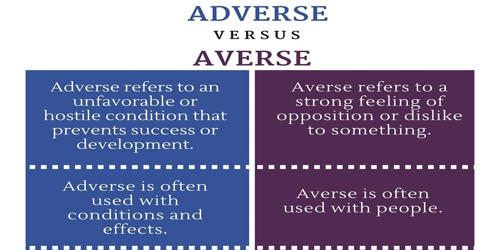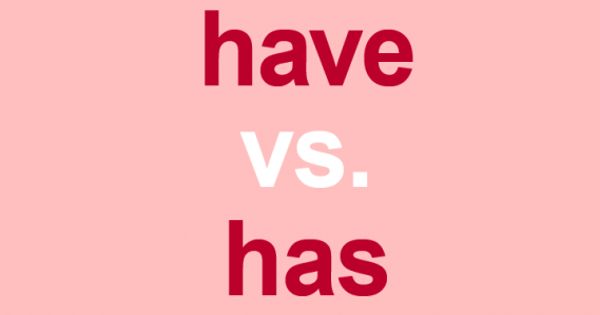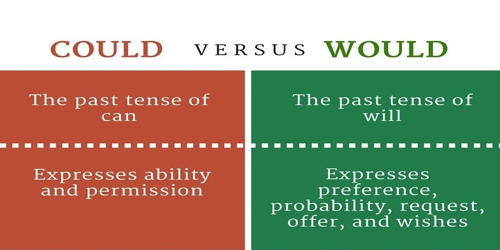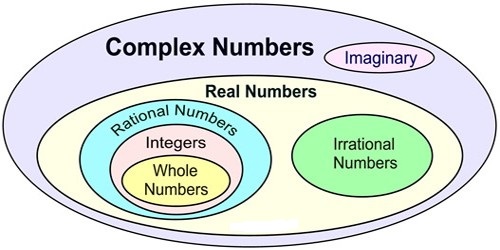The two words adverse and averse are related in origin but they do not have the same meaning. Adverse and averse are both turn-offs, but adverse is something harmful, and averse is a strong feeling of dislike. The words adverse and averse are derived from a Latin term, which is one of the frequently confused pairs of homonym. Adverse describes something that works against you, like a tornado or a computer crash, and is usually applied to things. Adverse, usually applied to things, often means “harmful” or “unfavorable” and is used in instances like “adverse effects from the medication.” However, their meanings are quite different, in the sense that adverse is used to point out something which is unfavorable, conflicting, detrimental, or unfriendly.
On the other hand, averse is used to denote something which is unwilling, reluctant, loath, or opposing by nature. Averse is usually applied to feelings, attitudes, or people. It’s a strong feeling of opposition — it’s a big “no thanks” and it’s often followed by to. While the word ‘averse’ is often followed by the preposition ‘to’, adverse is not followed by any such proposition.
Difference between Adverse and Averse
ADVERSE
- Adverse refers to something which is harmful or unfavorable or which hinders the growth. It is used to describe the negative effect, conditions, consequences, and results.
- The word ‘adverse’ is used when we are talking about something which is unfavorable, disadvantageous, and not good for the success, development, welfare, or health of a person or thing.
- The word ‘adverse’ indicates conditions, circumstances, or anything else, that has a harmful or negative impact or poses a threat to a person or thing. We use ‘adverse’ for something which is contrary to or opposed to one’s interest, development, or welfare.
- The word adverse is used to describe something that is contrary to your interests or welfare. If something is adverse, it is unfavorable or harmful and it might prevent your chances of success.
- Example: An expired medicine has a number of adverse effects. The cyclone adversely affected the coast and the nearby region.
AVERSE
- Averse implies a solid dislike or resistance to something. It is used to show an opposing feeling, disinclination, or disagreement towards something.
- The word ‘averse’ is used to denote a strong feeling of unwillingness, disinterest, disinclination towards something, i.e. when you are against something; you use ‘averse’.
- Averse refers to a very vigorous feeling of dislike or disagreement towards something. If you are averse to something, you are actually opposed to it. When the word ‘averse’ is preceded by the word not, the meaning is changed, i.e. it indicates the interest or agreement to something. Hence, when you say you are not averse to something, it denotes you like doing it.
- Averse is used to describe the feeling of strongly disliking or being strongly opposed to something. The word is normally used in the negative, i.e. when saying someone doesn’t feel strongly opposed to something.
- Example: A leader is not averse to taking risks. I am averse to talking unnecessarily.
















